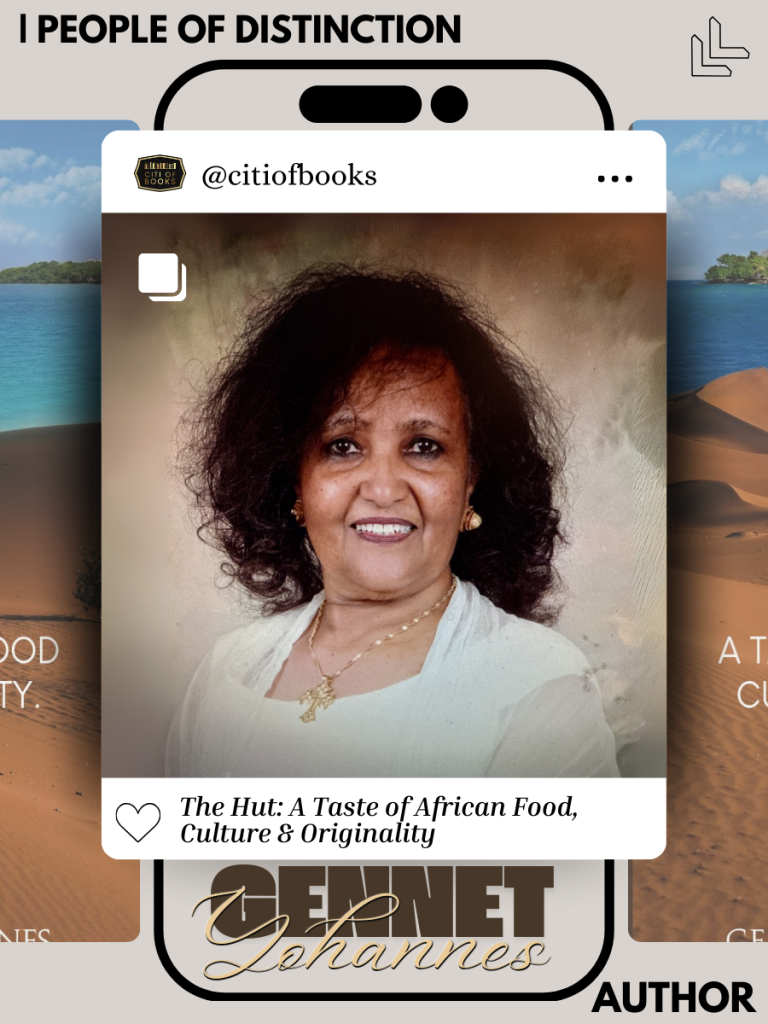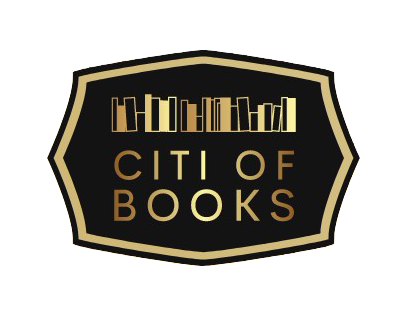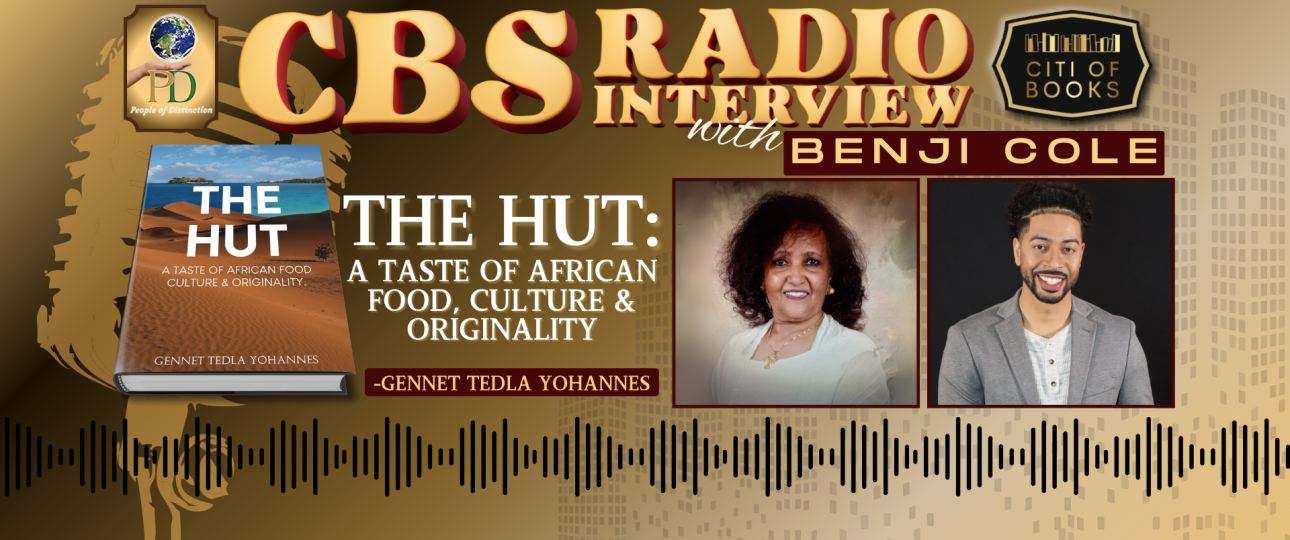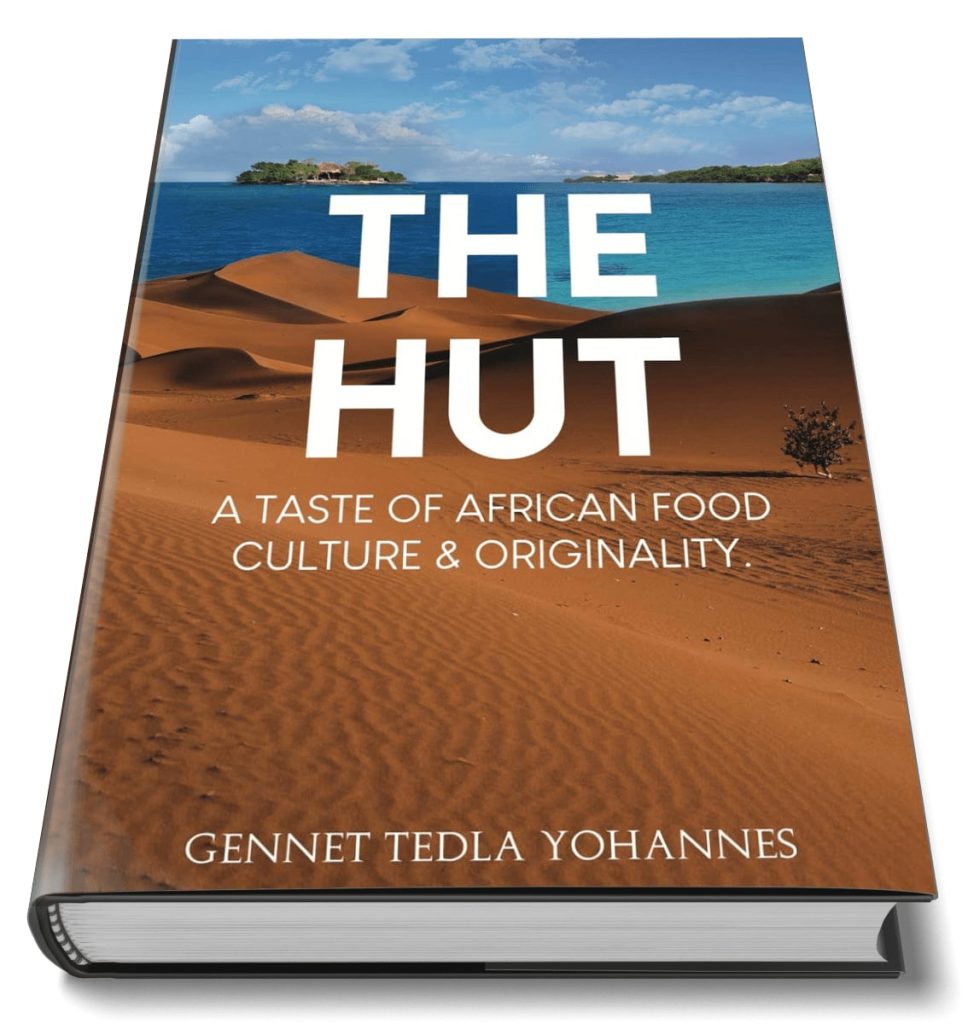When it comes to providing information to the public or introducing a brand, a radio interview is one of the best mediums to use. That is why Citi of Books Publishing cooperated with People of Distinction CBS Radio’s host, Benji Cole, for the inspiring and amazing stories behind every author’s work to be heard.
People of Distinction is a platform for professional and even enthusiast authors to engage in a genuine discussion and learn on inspirations, themes, and narratives from blossoming authors.
This program is hosted by Benji Cole, son of Al Cole, and is the ideal platform for authors who want to widen their readership. Benji Cole is an awesome Los Angeles actor and filmmaker who conducts interviews with guest authors. Take part in the CBS Radio Interview and become a notable guest on one of the most renowned radio shows in the country.
This extensively broadcast talk show has already conducted interviews with 2,000 of the most remarkable people in America over the past few years, including NBC producer Ken Corday and former CBS Morning News anchor Bill Kurtis. Authors who land a spot on this radio interview program will undoubtedly reach millions of listeners who could end up being book customers courtesy of CBS’ prominence and extensive national reach.
The author of the book “The Hut: A Taste of African Food, Culture & Originality,” Gennet Tedla Yohannes, was interviewed by Benji Cole of CBS Radio. They talked about the in-depth nature of the book’s theme and inspiration during the interview. From what was shared in the interview, the book was inspired by Yohannes’s desire to preserve her heritage and to heal from dislocation and loss.
Food, for her, is memory—it’s a way to carry forward what might otherwise be lost. She recognizes how in migration, so much gets left behind: languages, flavors, rituals. By writing The Hut, she’s calling forward those lingering tastes, smells, and stories. She wanted her readers to feel sheer nourishment—not just physically but emotionally and spiritually—through each recipe and accompanying story.
“The Hut: A Taste of African Food, Culture & Originality” by Gennet Tedla Yohannes goes beyond the typical cookbook. While it includes recipes, it stands as a journey through heritage, memory, culture, and identity. The kitchen becomes a sacred space where stories are told, traditions are preserved, and healing happens. It’s about more than food—it’s about remembering where one comes from, the people who shaped you, and the power that even simple, shared meals have to move through pain into connection.

Gennet Tedla Yohannes shares the stories of her family, her heritage, and her deep pride in African culture. Her book goes beyond recipes—it weaves together history, love, and the enduring spirit of African people. Whether readers wish to recreate traditional dishes or gain a deeper understanding of the soul of African cooking, The Hut serves as an invitation to explore the flavors, stories, and traditions of a continent that continues to inspire.
In “The Hut: A Taste of African Food, Culture & Originality”, Yohannes weaves recipes with personal narrative. We see how certain dishes carry the smell of childhood, echoes of laughter, and sometimes, the shadows of loss. She recounts moments from her life as an Eritrean American—moments marked by migration, displacement, culture clashes, and longing for home. The recipes are interspersed with reflections: how preparing a familiar meal bridges distance; how food can soothe in times of sorrow; how traditions passed down through family are vessels of identity. As she shared in the interview, it’s about finding pieces of home wherever life has carried you and using food to stitch those pieces back together.
What makes the book so compelling is its layered richness. It isn’t just for people who love cooking—it’s for anyone who has felt the pull of home or wondered how to remember places and people that shaped them. The melding of recipes and personal essays creates a texture that many readers will find comforting and challenging both: comforting because it reminds us of shared human experiences of food, family, home; challenging because it asks what we keep, what we discard, and how we make peace with both. Yohannes’s prose is evocative; the recipes become waypoints in a wider emotional journey.
For anyone interested in memoirs of displacement, culture, healing, or just good food with real depth, this book stands out. This is more than recipe collections—it’s an exploration of how identity is nourished across generations and continents. In her pages, we find a map of longing, homecoming, and reconciliation. It’s a book to savor slowly, savoringly, letting the meals feed more than the body, but the heart and memory.
Watch the full interview below:


